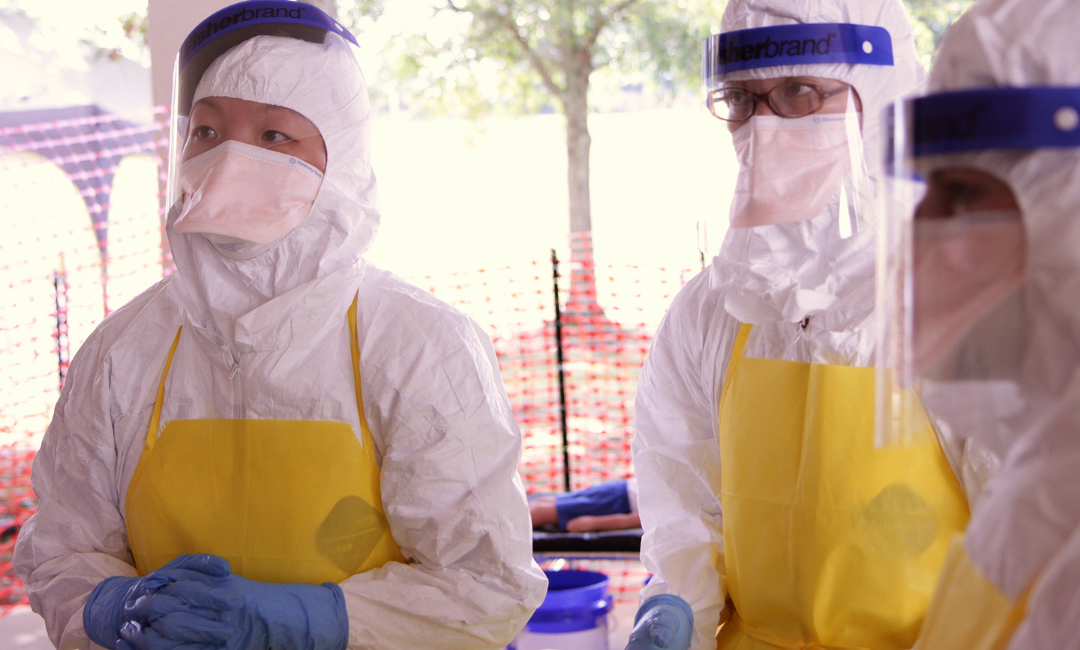Myths Regarding the Flu and the Flu Vaccine
There are many myths surrounding the flu and flu vaccines. This makes it very difficult to discern the truth versus untruths.
Here are five of the most common flu myths and the facts behind the myths:
The flu is just like the common cold. The flu is a contagious respiratory illness that spreads easily and can result in hospitalization or death. The elderly, young children, and those who are pregnant, have cancer or asthma are at a greater risk for serious flu complications. The flu can cause great stress on the body, which can increase the risk for additional complications such as pneumonia and heart attacks.
The flu vaccine can give an individual the flu. It is impossible for the flu vaccine to give someone the flu. It does not contain the live virus, but rather an inactivated virus (killed virus) that cannot cause infection. Some people have mild reactions to the flu vaccine, such as redness, swelling, soreness at the site, low-grade fever, and aches but these typically only last for a day or two.
The flu vaccine does not work. The flu vaccine does not guarantee that you will not get the flu, but it significantly reduces the risk. Once the the flu vaccine is received, it takes approximately two weeks for antibodies to develop and provide protection.
The presence of the flu will be low like in previous years. Due to many prevention efforts being more relaxed since COVID-19, there may be an increase in flu activity during the upcoming flu season. The prevention efforts that need to be encouraged and implemented are physical distancing, handwashing, mask-wearing, and staying at home when sick to help reduce the presence of flu in the community.
The flu vaccine cannot be received at the same time as the COVID-19 vaccine. The flu vaccine can be received at the same time as other immunizations, such as the COVID-19 vaccine and childhood immunizations.







